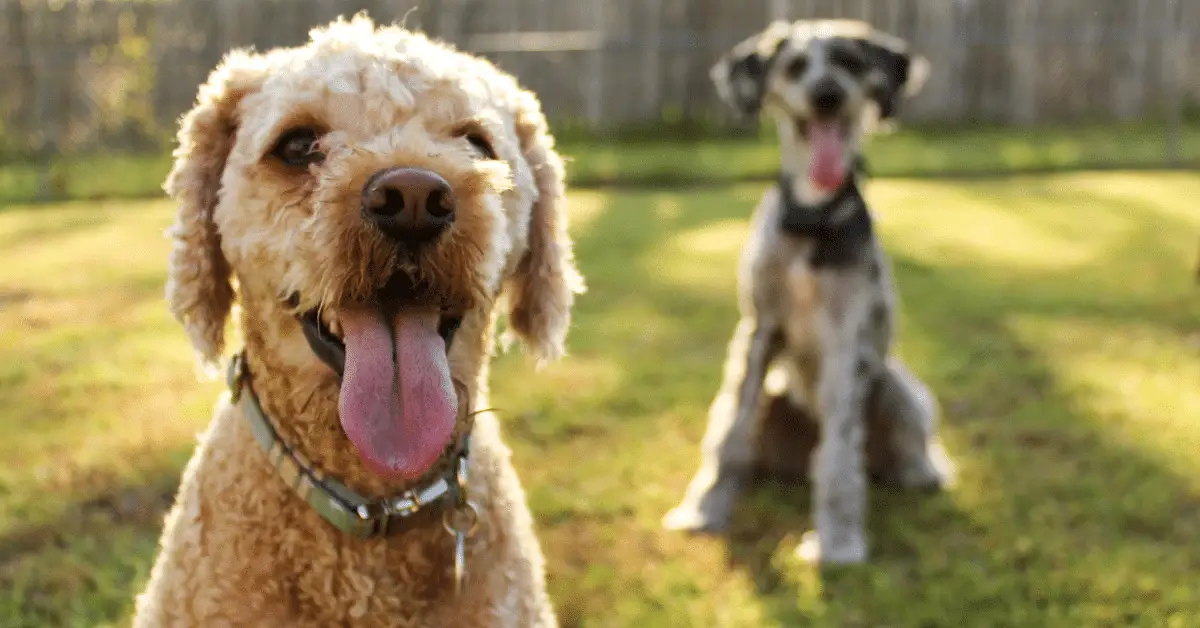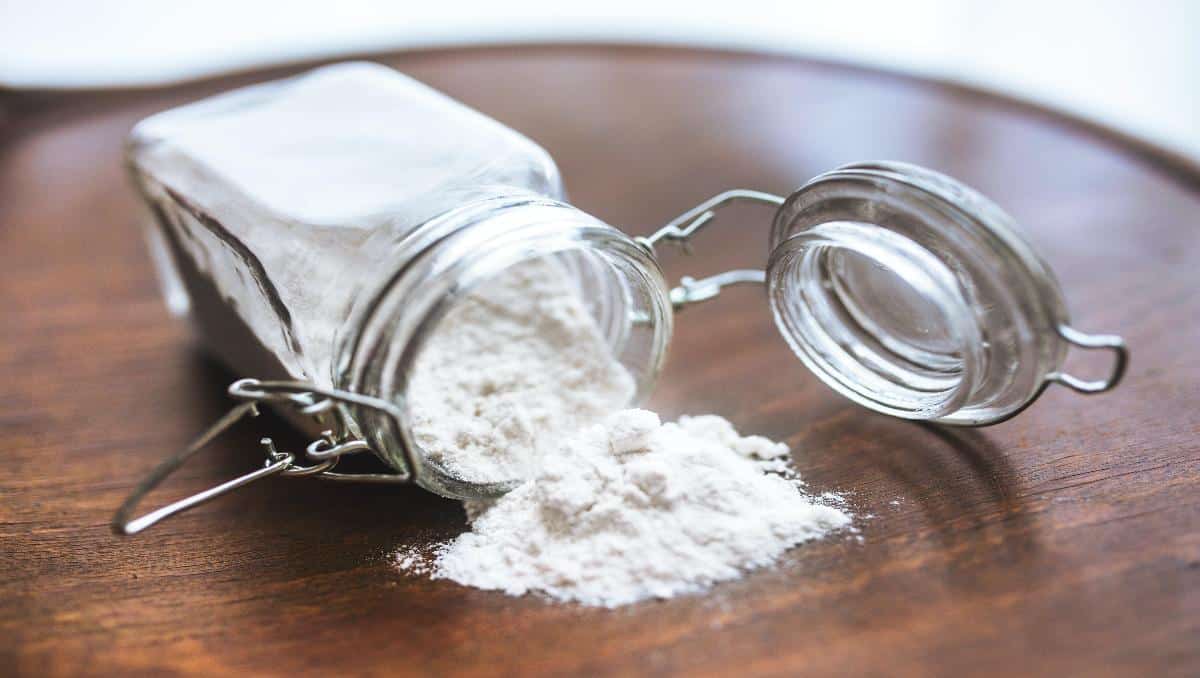Curiosity about what’s safe for your furry friend is natural. You’ve probably wondered, “Is polysorbate 80 toxic to dogs?” Let’s explore this common food additive and its potential impact on your pet’s well-being.
Polysorbate 80 poses minimal toxicity to dogs, but careful monitoring and dosage control are crucial for their safety. Understanding potential risks and seeking professional guidance ensures your furry friend’s well-being.
From potential risks and allergic reactions to safe pet product choices and the role of your veterinarian, our journey into Polysorbate 80 safety for dogs promises to be enlightening.
What is Polysorbate 80?
Polysorbate 80 acts as an emulsifier, which helps mix substances that don’t naturally blend, like oil and water. A synthetic compound commonly used in various products, it’s also used in medications, skincare, and even pet products.
Now, here’s the good news: Polysorbate 80, in general, isn’t something to lose sleep over when it comes to your dog. It’s considered safe for humans and dogs when used in small quantities, but moderation is key, as with anything in life.
However, things can get dicey when larger quantities come into play. Let’s explore that further.
Polysorbate 80 in Pet Products

You might wonder about Polysorbate 80, an ingredient that occasionally pops up in pet products. This substance is a common addition to various pet items, from medications to grooming products and some pet foods. It’s used to improve the consistency of these products and enhance their effectiveness.
While this ingredient is generally considered safe, some concerns exist regarding its impact on our furry friends, especially when ingested in larger quantities. When Polysorbate 80 is an ingredient in a product, it’s usually included in small amounts unlikely to cause any harm. However, you should pay attention to the overall quality and safety of the products you choose for your pet.
The Safety Considerations of Polysorbate 80 for Dogs
Polysorbate 80, in general, is considered safe for dogs when used in moderate amounts. It’s important to emphasize the term “moderate” here. As typically found in pet products, small quantities are unlikely to cause any adverse effects on your furry companion. However, if your dog ingests a significant amount of a product containing Polysorbate 80, it can lead to issues like stomach upset, diarrhea, or mild allergic reactions.
Potential Risks and Allergic Reactions
Large amounts of Polysorbate 80 can lead to stomach upset, diarrhea, or mild allergic reactions in your dog. This doesn’t mean you should be overly concerned, but it does call for some caution.
Dosage Matters
Is polysorbate 80 toxic to dogs? No. But it’s all about the quantity ingested. Occasional exposure to small amounts, such as in pet products or medications, is unlikely to cause problems.
However, you should take it seriously if your dog consumes a significant quantity. In such cases, it’s wise to consult your veterinarian for advice. They can provide guidance based on the specific circumstances and the amount ingested.
Allergies and Sensitivities
Dogs, like people, can have allergies and sensitivities. If your dog has a known sensitivity to certain substances, Polysorbate 80 might trigger a reaction. Keep an eye on your dog for any signs of allergies, such as itching, swelling, or digestive issues, especially if they’ve encountered this substance before.
Remembering that every dog is unique is crucial, so what works for one might not work for another. If you suspect your dog has an allergy or sensitivity to Polysorbate 80, consult your vet for advice on managing it effectively.
What to Do If Your Dog Ingests Polysorbate 80?

Accidents can happen, and your dog might ingest Polysorbate 80. If you suspect this has occurred, there are a few essential steps to follow.
Consult Your Veterinarian
If your dog ingests Polysorbate 80, the immediate action is to consult a vet. Your veterinarian will provide guidance based on the quantity consumed, your dog’s health, and any potential symptoms. They might recommend inducing vomiting or other measures to minimize any potential harm.
The key here is that professional guidance can make all the difference in ensuring your dog’s well-being.
Monitor Your Dog
During ingestion and your vet visit, keep a close eye on your dog for any symptoms that may develop. These symptoms could include vomiting, diarrhea, itchiness, or unusual behavior. If you notice any of these signs, don’t hesitate to contact your vet immediately. Timely action can prevent minor issues from turning into major concerns.
Polysorbate 80 in Human Products and Dogs
In most cases, occasional contact with cosmetic or skincare products containing this ingredient is unlikely to harm your dog. However, you should be cautious, especially if your pet has sensitive skin or known allergies.
Cosmetic Products
When it comes to cosmetics or skincare products, your dog is usually safe if they encounter these items. It’s essential to remember that Polysorbate 80 is commonly used in many such products. It can help improve the texture and consistency of creams, sunscreens, and lotions.
While your dog may be curious about these products, the chances of any adverse reactions are minimal. Nevertheless, it’s a good practice to avoid excessive contact with these items and keep them out of your pet’s reach.
Ingestion from Human Food and Its Potential Risks
Sometimes, your dog might get a little too curious and sneak a nibble from your plate. If you’re consuming food that contains Polysorbate 80, should you be worried? The good news is that the minimal amounts typically found in human food will not likely harm your dog. However, sticking to pet-specific food is always a good idea to ensure your furry friend’s safety.
If your dog does indulge in a bite or two of human food containing Polysorbate 80, don’t panic. Keep an eye on them for any signs of distress, but chances are they’ll be just fine.
Dog Breeds and Sensitivities
Some breeds are more prone to allergies and sensitivities than others. If your dog belongs to one of these breeds, you might want to be a bit more cautious when it comes to potential allergens like Polysorbate 80.
Identifying Allergy-Prone Dog Breeds
Certain breeds, like the Bulldog, Boxer, and Dalmatian, are known to be more prone to allergies. If you have one of these breeds, it’s a good idea to keep an eye out for any signs of allergic reactions, especially if they’ve encountered Polysorbate 80 before.
While it’s still considered safe, understanding your dog’s breed-specific tendencies can help you make informed decisions about their exposure to various substances.
Choosing Pet Products

When it comes to ensuring your dog’s safety, choosing the right pet products is crucial. Here are a few tips to consider.
Reading Labels
One simplest but most effective way to protect your dog is by reading ingredient labels. When shopping for pet products, check for the presence of Polysorbate 80. This knowledge will allow you to make informed choices, especially if your dog has sensitivities or allergies. Opt for products without this ingredient if you have doubts about its effects on your pet.
Exploring Natural and Organic Alternatives
Natural and organic pet products can be a fantastic choice for those who want to take an extra step in ensuring their dog’s well-being. These products often have simpler, more natural ingredients, which can reduce the risk of potential sensitivities. While not everyone may opt for this route, it’s an excellent choice for dogs with allergies or particularly sensitive systems.
The Importance of Seeking Professional Advice
The most significant step you can take to ensure your dog’s health and safety is to consult your veterinarian. They are the experts in understanding your dog’s needs, allergies, and sensitivities. Your vet can provide advice tailored to your pet’s unique circumstances, and they can guide you through any potential health concerns.
Navigating Polysorbate 80 Safety for Dogs
In conclusion, understanding the safety of Polysorbate 80 for your canine companion is crucial for their well-being. We’ve learned that while it’s generally safe, you must approach it thoughtfully. That means understanding your dog’s unique needs, carefully checking product labels, and seeking advice from your reliable vet. To ensure your dog’s health and happiness, it’s all about finding the right balance between staying cautious and practical when it comes to Polysorbate 80.







